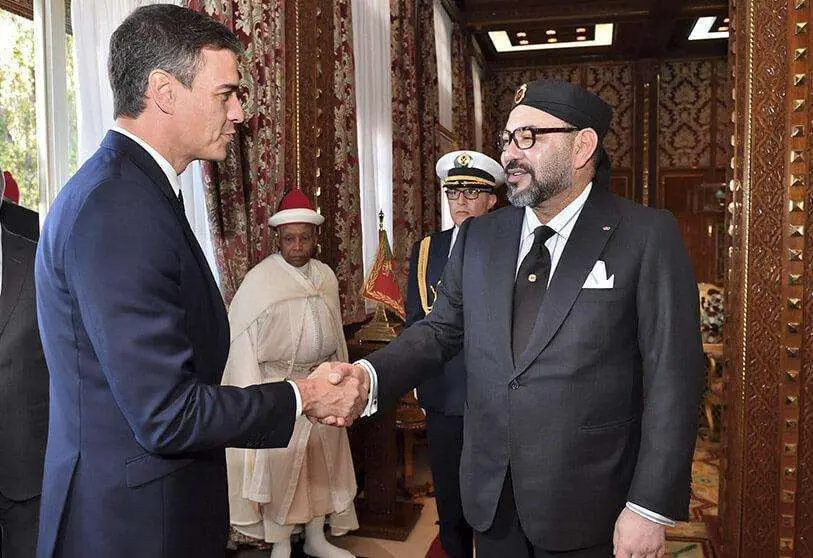Time for a reunion

It is time for the Spanish and Moroccan governments to meet again. It does not matter who takes the first step, who picks up the phone, who assumes that after the storm comes the calm and that it is essential to repair all the flaws in a ship, in relations that must sail a beneficial course for both parties, even if the waters are occasionally a little turbulent. There are more than enough bridges over the rough waves to initiate a process of reconciliation and reunion that the citizens of both countries need and that the transcendental interests between both parties, woven and consolidated with hard work and effort over many years, demand.
It is time for a thorough examination of what has happened, why it has happened, the consequences suffered and the consequences of not resolving the problems as soon as possible and the enormous benefits that a good relationship between the two neighbouring countries has demonstrated over the years. There are many unknowns to be cleared up, and political will must be shown to put aside personal, partisan and electoral interests and work for the interests of the state, something that both the Spanish and Moroccan governments must do.
The basic issue is Rabat's claim that Madrid should remain neutral or recognise Moroccan sovereignty over the Sahara, as the United States and other countries have done. The situation created by the coronavirus in both Algeria and Morocco drives the need for agreement between the two countries to open the borders, end a 45-year conflict and allow thousands of Sahrawis living in subhuman conditions in the Tindouf camps to aspire to a new, better life and reunification with their families in the Sahara.
The threat of terrorist groups in the Sahel is a very worrying element for the lives of the Saharawis and for the stability of the region. The Algerian and Moroccan governments must reach an agreement, involving the Polisario Front and other organisations that also represent Saharawi interests, to improve the lives of all without making it conditional on one organisation or another.
Spain must properly assess all elements of the equation, to prevent excessive ideologisation of each from influencing a much better future for all.
The UN is the channel through which all efforts must converge to achieve, as its latest resolutions state: a just, lasting and mutually acceptable political solution that will allow the self-determination of the people of Western Sahara....
This is the challenge facing the Spanish government: to decide the position on the Sahara and the Moroccan proposal for broad autonomy under its sovereignty. In between, the wrongs committed by both sides in welcoming Polisario leader Brahim Ghali to Spain under irregular conditions and for humanitarian reasons, without informing its privileged Moroccan partner; the mistake of allowing the arrival of thousands of young people to cross the border with Ceuta and all the reproaches about the role played by each, with the European Union involved, in controlling irregular immigration, as well as opening the borders with Ceuta and Melilla, and agreeing the territorial waters between the two neighbouring countries, will have to be commented on, analysed openly and fully clarified between Spaniards and Moroccans to recover trust, which is the most important thing that has been lost in this crisis that should never have occurred.

